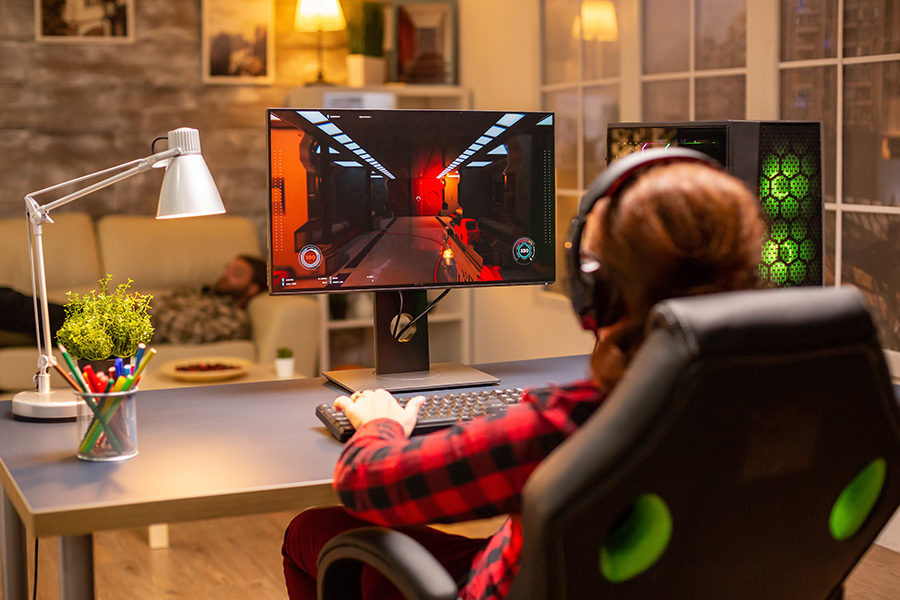UK Children’s Commissioner urges government to think again on loot boxes

Dame Rachel de Souza says loot boxes should be defined as gambling and regulated as such.
UK.- Dame Rachel de Souza, the UK Children’s Commissioner, has spoken out after the Department for Digital, Culture, Media and Sport (DCMS) announced that it would not propose a ban on loot boxes in video games. She’s called for the DCMS to think again and to include loot boxes within the definition of gambling in the UK Gambling Act.
While the country’s review of gambling legislation appears to be on hold until a new prime minister is chosen, culture minister Nadine Dorries announced at the start of this week that a ban on loot boxes would not be part of the delayed gambling white paper.
She said the UK would not follow countries like Belgium, which banned loot boxes in 2018, and Spain, which plans to ban them for minors. Dorries said the government would instead pursue tougher “industry-led” protections.
She said that imposing restrictions or an all-out ban through legislation could result in “unintended consequences”, although she suggested that some form of parental approval should be required. She also said that players should have access to spending controls and transparent information.
However, De Souza argues that loot boxes in video games were “inappropriate”, encouraged “harmful behaviours” among young people and should be subject to regulation.
She said: “The current legal definition of gambling, under the Gambling Act 2005, falls short of capturing loot boxes, as the prize cannot be converted into real-world money. Clause six of the Gambling Act should be expanded to capture loot boxes, bringing them into the scope of regulation.”
She called for the government to take “firm action” and not leave the responsibility to parents or the industry.
She said: “The Children’s Commissioner believes that the government should listen to children and parents to take firm action to prevent under-18s from buying loot boxes. Relying on voluntary industry action and on parental controls will leave many children exposed to the financial and psychological harms of loot boxes.”
She added: “Online games occupy a significant part of most children’s daily lives – it is estimated that 93 per cent of children in the UK play video games. Therefore it is concerning that some online games contain inappropriate features such as loot boxes, which promote harmful behaviours among children.”











